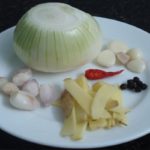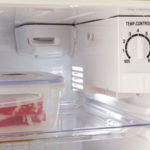Ginger and garlic are common ingredients in many dishes, and potatoes are a staple food in many households. However, these ingredients can easily sprout and lose their freshness if not stored properly. The following article will provide you with useful tips to prevent sprouting and keep your ingredients fresh for longer.
1. Ginger Storage
Salt Preservation Method
To prevent ginger from sprouting, try using salt. Place the ginger in a plastic bag and sprinkle a small amount of salt on it. Then, seal the bag tightly, pressing out any excess air.

Aluminum Foil Wrapping Method
This method is simple and effective. Just wrap the fresh ginger tightly in aluminum foil and store it in a cool, dry place.
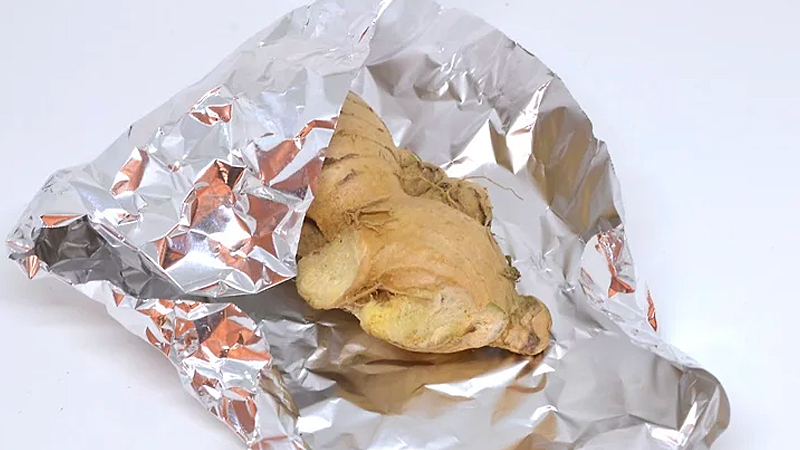 Ginger wrapped in aluminum foil
Ginger wrapped in aluminum foil
For more tips, check out:
2. Garlic Storage
Baking Soda and Ginger Preservation Method
Instructions: Place the garlic cloves in a plastic bag. Add a small amount of baking soda to a piece of paper and secure it with a rubber band, along with two slices of ginger. Place the paper bundle inside the bag of garlic. Finally, seal the bag tightly to prevent air from getting in.
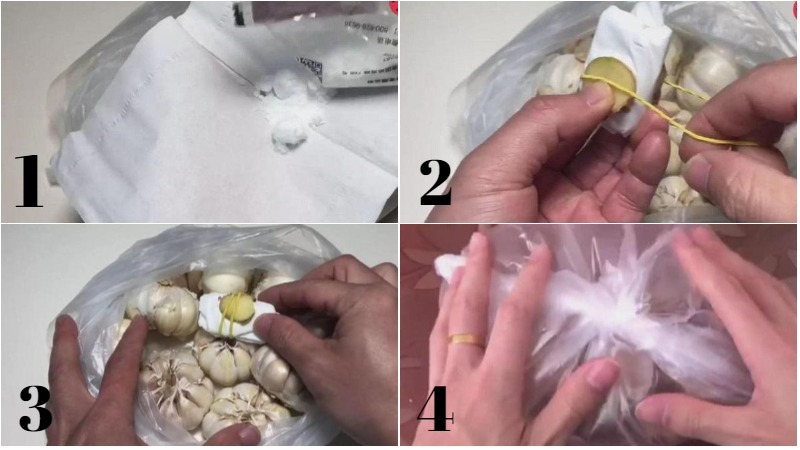
Net Bag Storage Method
Trim the garlic roots and place the cloves in a net bag. Hang the bag in a cool, dry place to prevent moisture buildup, which can cause sprouting.
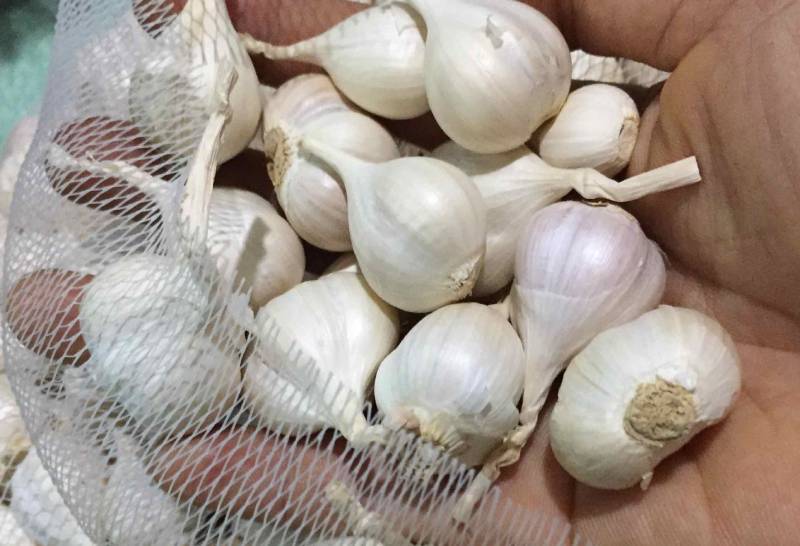
Newspaper Storage Method
Separate the garlic cloves and line a box with newspaper. Place the garlic cloves inside and close the lid tightly. The newspaper absorbs moisture, preventing sprouting, and the closed lid keeps out pests.
For more information, visit:
3. Potato Storage
Apple Preservation Method
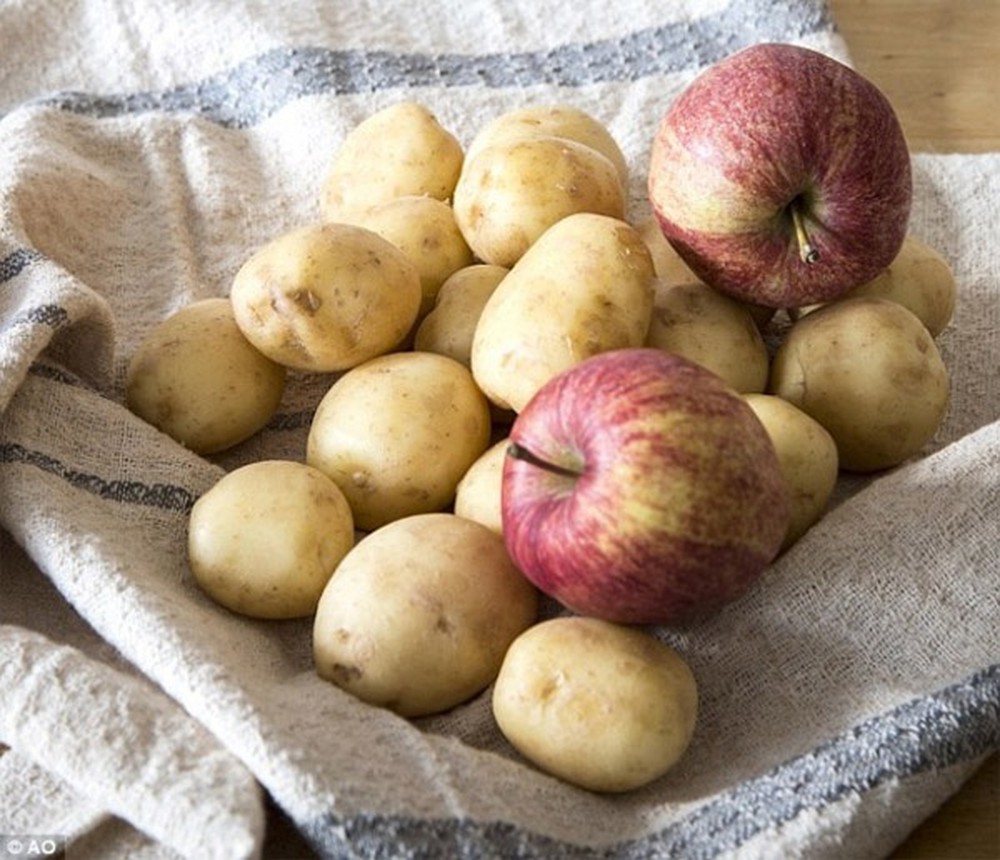
To keep potatoes fresh for longer, place an apple in the plastic bag with the potatoes and seal it tightly. The ethylene released by the apple will prevent the potatoes from sprouting.
Cool, Dry Storage Method
Potatoes should not be stored in the refrigerator. Instead, keep them in a cool, dry place in a net bag or a wooden box with ventilation holes. You can also place newspaper underneath the potatoes to absorb moisture and prevent sprouting.
For additional tips, check out:
We hope that these simple and effective storage methods will help you keep your ingredients fresh and prevent sprouting, especially during hot and humid weather.
More Useful Advice for Homemakers (Part 2)
Have you heard of the surprisingly easy tips to make cooking and household chores simpler? White radish eliminates the acrid taste of salted meat, adding alum to raw shrimp helps soften it, and adding cold water when frying eggs can make them crispy – these are just a few of the tricks to make your life easier.
Is Refrigerated Leftovers Linked to an Increased Risk of Cancer?
Dr. Lam Van Man, Head of Research, Development and Technology Transfer Department of the Institute of Safety Food, has warned of the risk of food poisoning when reheating leftovers from the refrigerator. But what should we be aware of when it comes to the possibility of these leftovers causing cancer? Here, we explore what the experts have to say on the matter and offer some tips for safe eating.



























